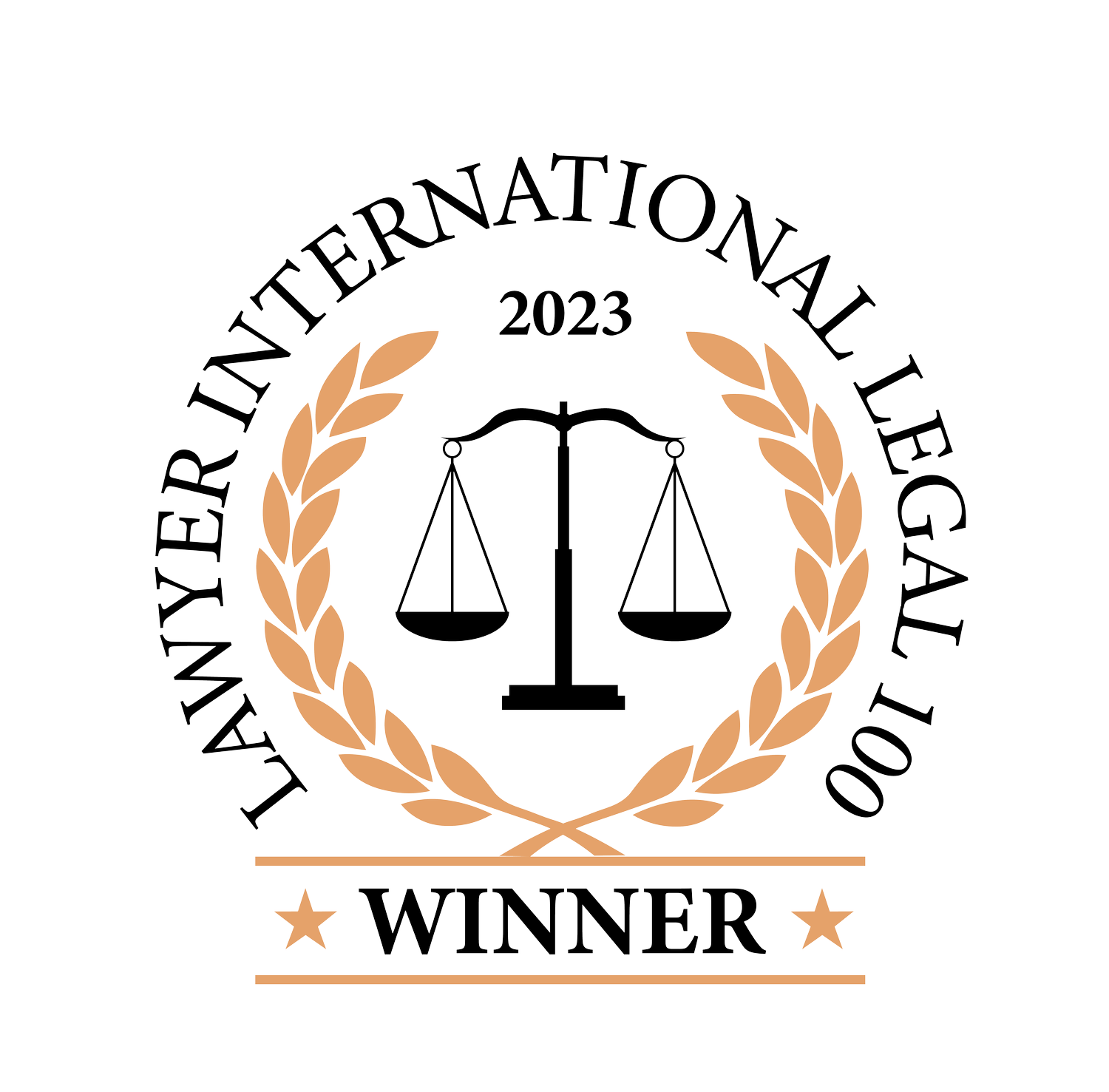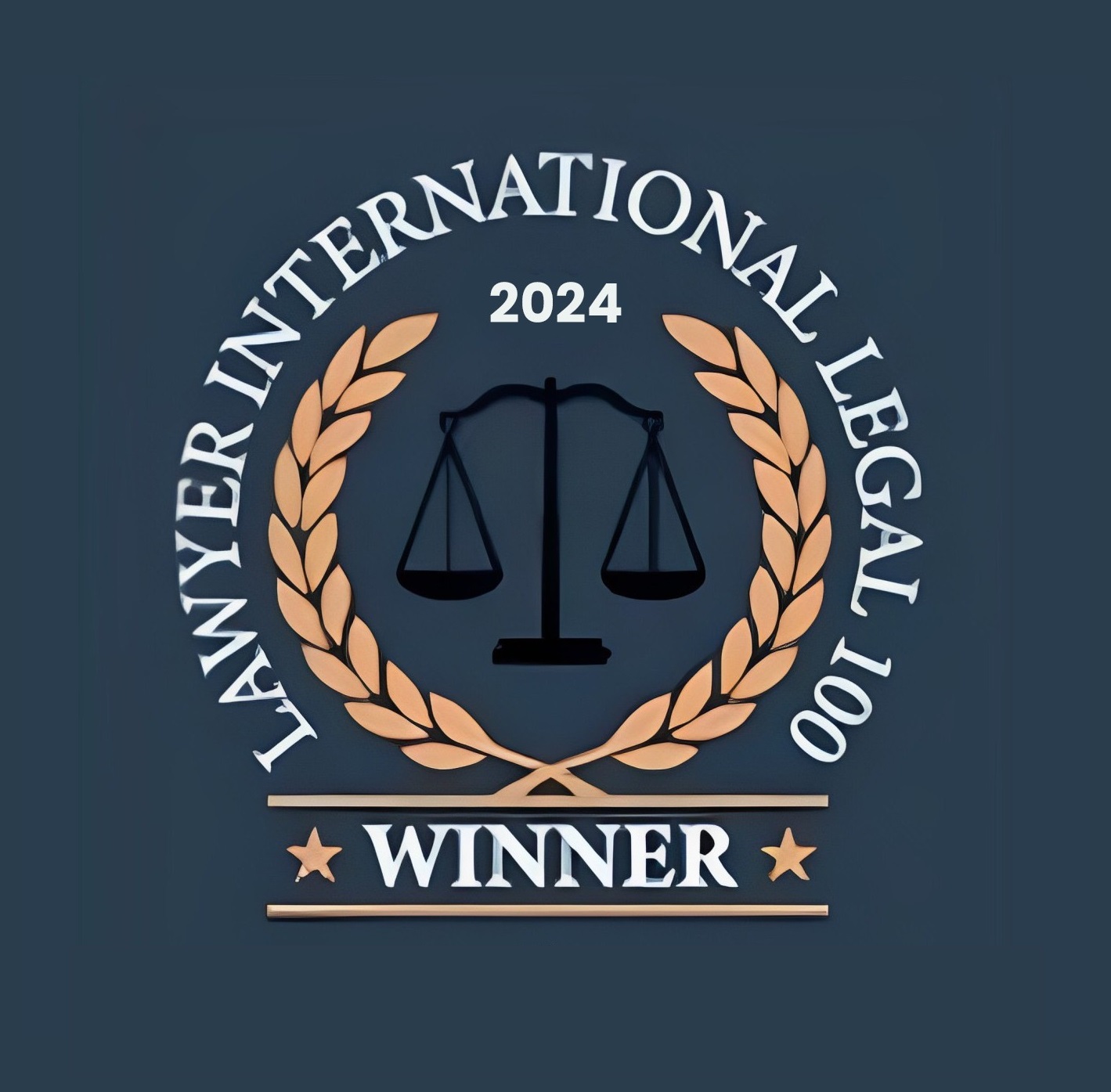Maintaining Confidentiality of Settlement Agreements
Confidentiality of Settlement Agreements is crucial yet challenging. A major challenge is the risk of leaks or breaches of confidential information. In high-profile cases, the media or other interested parties might disclose settlement details, compromising the involved parties' confidentiality.
Importance of Precision in Confidentiality Clauses
Recent cases underscore the need for precisely drafted confidentiality clauses in Settlement Agreements. For example, the Harvey Weinstein Settlement Agreement faced criticism for vague language, allowing certain details to be divulged. Such instances highlight the necessity for clear, specific, and robust confidentiality clauses to prevent misinterpretation and ensure confidentiality.
What is a Reasonable Settlement Agreement?
Impact on Privilege Against Third Parties
Settlement Agreements can affect the privilege of communications, particularly between an attorney and client. Typically protected from disclosure, this privilege may be waived or limited by certain provisions in Settlement Agreements, posing challenges in maintaining confidentiality.
Debunking Common Misconceptions about Settlement Agreements
Key Considerations for Practitioners
When addressing confidentiality in Settlement Agreements, practitioners should:
- Evaluate Risks: Assess the potential risks and threats to confidentiality specific to each case, considering factors like case notoriety, media involvement, and the nature of the protected information.
- Draft Clear Clauses: Create comprehensive and unambiguous confidentiality clauses in Settlement Agreements that explicitly prohibit the disclosure of settlement terms, monetary figures, and other sensitive information.
Proactive Strategies for Maintaining Confidentiality
Maintaining confidentiality of Settlement Agreements requires a proactive approach. Clear and specific clauses are essential, as is considering the potential impact on privilege against third parties. By carefully evaluating these factors, practitioners can implement strategies to safeguard sensitive information and ensure confidentiality.
Documenting confidential information securely.
Practical Tips for Maintaining Confidentiality
- Well-Drafted Clauses: Include clear confidentiality clauses in Settlement Agreements, stating the parties' obligations to maintain confidentiality during and after the settlement process.
- Controlled Access: Limit access to the Settlement Agreement to individuals directly involved in the settlement or those requiring access for legal or administrative purposes. This reduces the risk of accidental or deliberate disclosures.
- Technological Measures: Use encrypted file-sharing platforms or password-protected documents to ensure only authorised individuals access the Settlement Agreement.
- Training and Awareness: Regularly train employees on the importance of confidentiality and the consequences of breaches. This fosters a culture of confidentiality within the organisation.
By recognising confidentiality's importance and implementing these strategies, parties can protect sensitive information and maintain the confidentiality of Settlement Agreements. This preserves privacy, discourages similar claims, and maintains the professional reputation of involved organisations and individuals.
Definition and Purpose of Confidentiality Clauses
Confidentiality clauses in Settlement Agreements safeguard sensitive information while facilitating legal dispute resolution. These clauses assure parties that their information will remain confidential, protecting reputation and privacy, and fostering trust during negotiations.
Challenges and Strategies
Despite their importance, confidentiality clauses face challenges like potential breaches and the ease of information sharing due to technological advancements. Effective strategies include:
- Access Controls: Limit access to confidential information to only those directly involved in the settlement.
- Non-Disclosure Agreements (NDAs): Provide an additional layer of protection and deter breaches.
- Monitoring and Auditing: Regularly monitor and audit information systems to detect and prevent unauthorised access or breaches of confidentiality, ensuring ongoing protection of sensitive information.
Legal Implications of Breaching Confidentiality Clauses
Breaching confidentiality clauses can have significant legal implications, as parties may be held liable for damages caused by unauthorised disclosure of confidential information. Understanding these potential consequences is crucial for individuals and organisations to take necessary steps to safeguard sensitive information.
Sealing the deal with an NDA. A handshake signifies a new agreement, but a Non-Disclosure Agreement ensures confidentiality.
Non-Disclosure Agreements (NDAs)
NDAs are crucial in safeguarding sensitive and confidential information following a settlement. These legal contracts prevent the sharing or unauthorised disclosure of confidential information among parties involved in various agreements, such as employment contracts, Settlement Agreements, and conciliation agreements.
In employment contracts, NDAs protect confidential information employees may encounter. These agreements establish standards of confidentiality, ensuring employees are aware of their obligations to keep sensitive company information confidential. By incorporating confidentiality clauses within employment contracts, companies can restrict the dissemination of proprietary information and trade secrets, maintaining their competitive advantage.
Similarly, NDAs feature prominently in Settlement Agreements to prevent the disclosure of sensitive information related to disputes or settlement terms. This is particularly important in intellectual property disputes or cases involving trade secrets, ensuring parties do not share proprietary information and compromise each other's rights or business interests.
Moreover, NDAs play a significant role in conciliation agreements, which resolve disputes between employers and employees without formal litigation. These agreements often contain confidentiality clauses that protect the privacy of the parties involved and prevent the disclosure of sensitive information arising from the conciliation process.
Seeking Legal Advice
Seeking legal advice is crucial for employers concerned about using NDAs in employee Settlement Agreements. NDAs protect sensitive information and prevent disclosure of confidential settlement details. However, employers may have concerns about the potential implications and legalities surrounding NDAs.
Consulting an experienced employment lawyer who specialises in employee Settlement Agreements and confidentiality clauses is essential. Employers should provide their lawyer with all relevant information about the Settlement Agreement in question, including specific concerns regarding NDAs.
The lawyer will review the Settlement Agreement and assess whether the proposed use of NDAs aligns with applicable laws and regulations. They will consider potential risks and challenges, such as reputational damage or legal disputes.
Additionally, employers can access support and guidance from the Acas helpline, which offers further help on employment-related issues, including Settlement Agreements and NDAs. The helpline provides information about best practices, legal requirements, and potential alternatives to NDAs.
By seeking legal advice and utilising resources like the Acas helpline, employers can address their concerns about NDAs effectively and take necessary steps to safeguard sensitive information and maintain confidentiality following an employee Settlement Agreement.
Get in touch with Cavendish Employment Law Limited for expert employment advice here
Do you have a high value employment claim as a senior employee or executive in the UK?
Our experts can help
Contact UsContact us for immediate confidential advice. Out of Hours and Weekend help available
Client Testimonials
It would not be an exaggeration to say that I was extremely pessimistic about being able to get a decent redundancy settlement. I was feeling really low and depressed. That all changed when Caroline Walker agreed to act for me.She secured an excellent settlement for me, without me having to face the expense and stress of going to court...
- Martine Roberts"I cannot recommend you highly enough. A law firm that really delivers all it promises. I never thought I would say that I found the costs reasonable, but I did, and I will never get over how much you secured for me in a totally unexpected settlement. It has set me up for the next chapter in my life. Thank you, thank you."
- J. Brown"I would like to thank you for your exceptional service. You and your firm Cavendish Employment Law have been brilliant in your responsiveness and legal advice. We have had numerous time sensitive and complex issues. You always delivered for our company in spite of very challenging timelines. I highly recommend you and your firm."
- John McVeighIt would not be an exaggeration to say that I was extremely pessimistic about being able to get a decent redundancy settlement. I was feeling really low and depressed. That all changed when Caroline Walker agreed to act for me.She secured an excellent settlement for me, without me having to face the expense and stress of going to court...
- Martine Roberts"I cannot recommend Caroline more highly. Any client of hers is really fortunate to have her on their side. She is a credit to her profession and I am most grateful to her."
- Jake Brown















